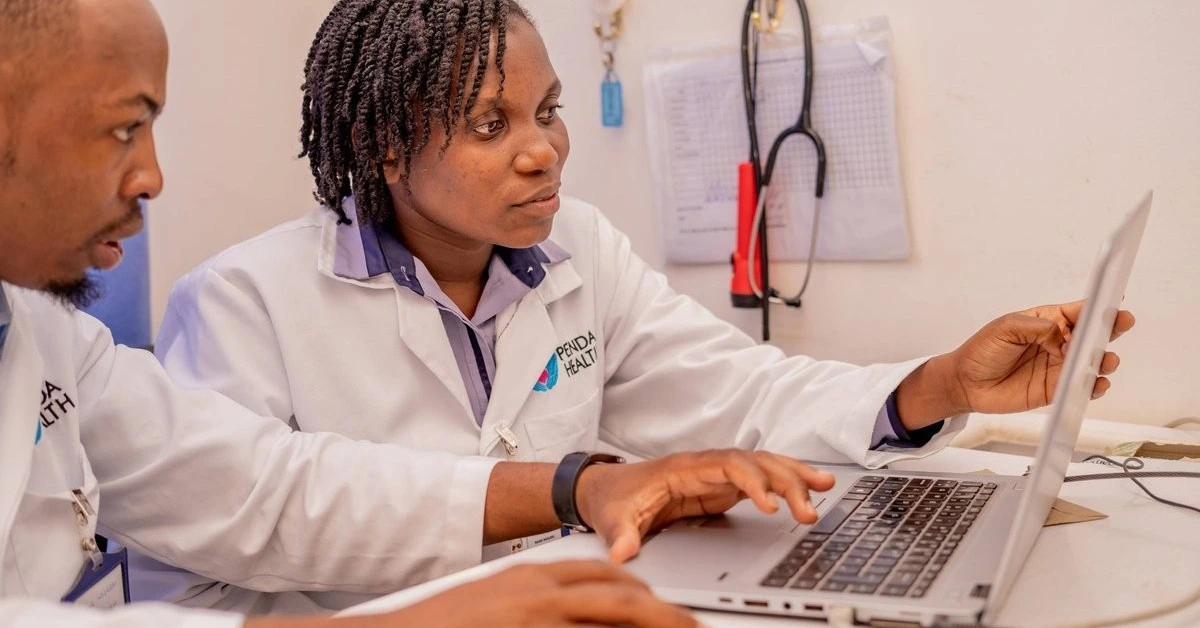
KENYA – Kenya has initiated Africa’s largest clinical trial to explore how artificial intelligence (AI) can enhance primary health care.
Led by global health organization PATH, the study aims to determine if AI tools can assist clinicians in making more accurate diagnoses and treatment decisions, ultimately improving patient outcomes.
The trial, based in Nairobi, will involve 9,000 patients across Penda Health clinics. It will assess the effectiveness of a Large Language Model (LLM)—a type of AI that processes vast amounts of data to generate human-like responses—in supporting clinicians during patient consultations.
The AI tool will provide guidance on diagnoses and treatment options based on patient history, clinical notes, and lab results.
“This is a significant step in evaluating the potential of generative AI tools to improve clinical decision-making,” said Prof. Bilal Mateen, Chief AI Officer at PATH.
“We aim to demonstrate that rigorous scientific research can keep pace with technological innovation.”
The trial is a collaborative effort involving the Kenya Paediatric Research Consortium (Keprecon), the University of Birmingham, and Penda Health.
It seeks to address challenges faced by clinicians in low- and middle-income countries, such as limited resources and high patient volumes, which can lead to misdiagnoses and inconsistent care.
The immediate former Kenya’s Cabinet Secretary of Health, Dr. Deborah Mlongo Barasa, at the time expressed optimism about the trial’s potential impact.
“AI has the potential to bridge health care gaps, particularly in underserved regions. We look forward to the insights it will generate to guide responsible and effective AI adoption,” she said.
The study will also evaluate the AI tool’s performance in managing common conditions like hypertension, diabetes, malaria, and pediatric malnutrition.
Results are expected by the end of 2025 and could inform future health policies and the integration of AI in health care systems across similar settings.
XRP HEALTHCARE L.L.C | License Number: 2312867.01 | Dubai | © Copyright 2025 | All Rights Reserved